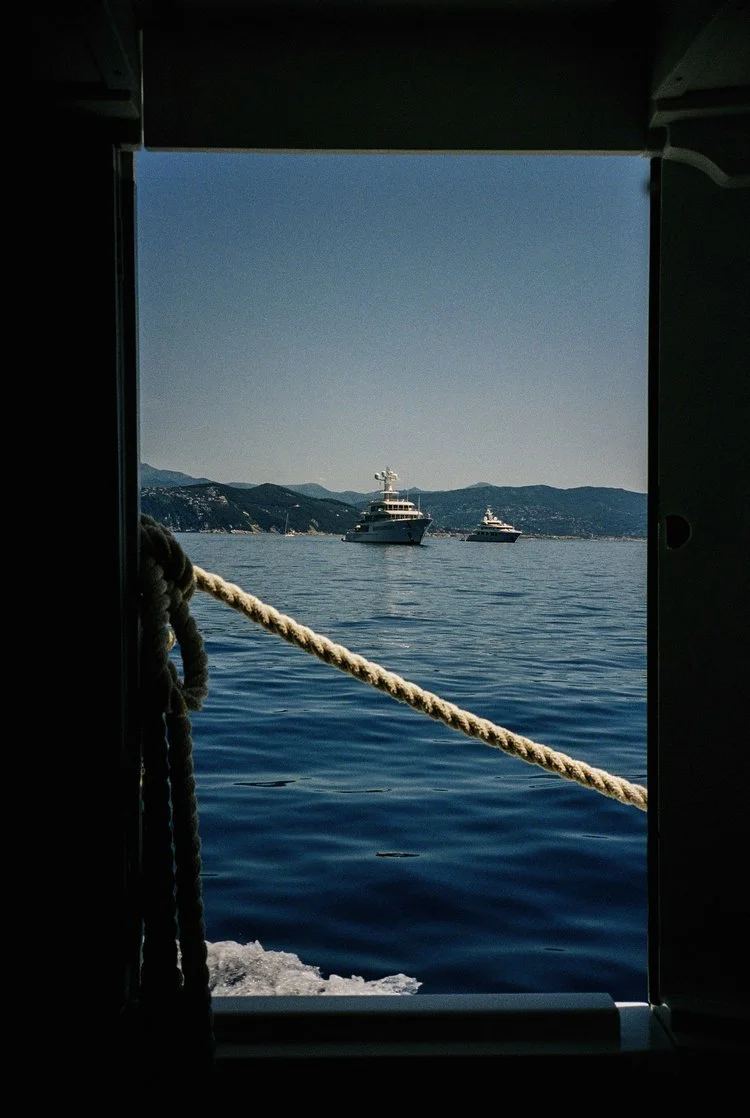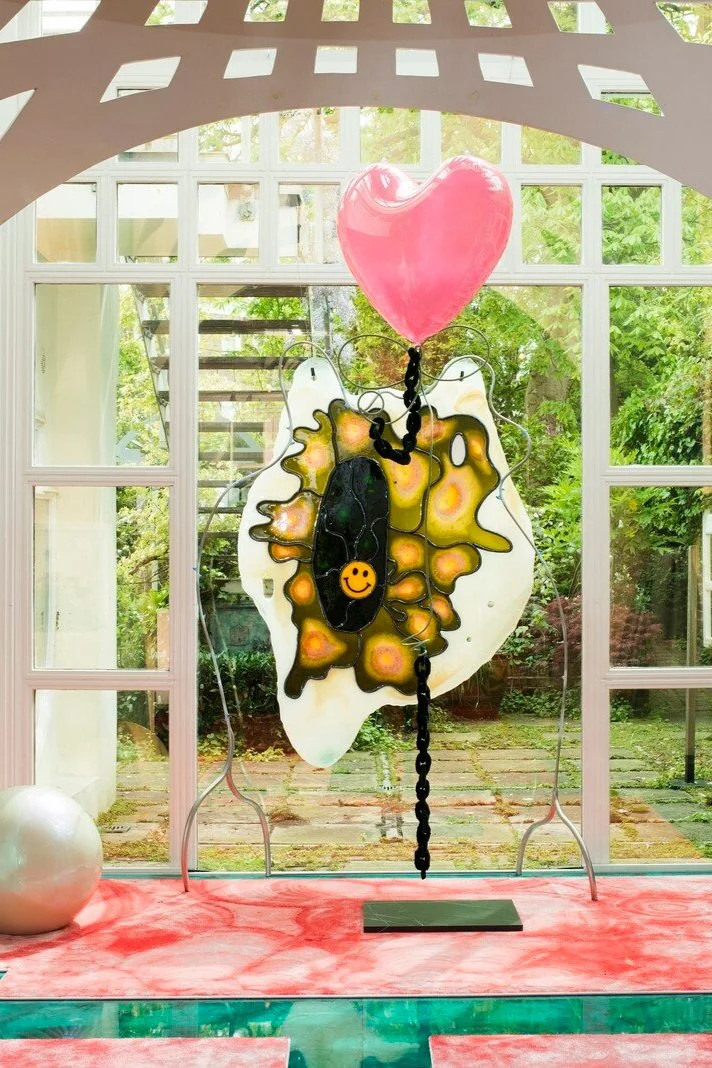High Seas High Hopes
High Seas, High Hopes Carolina Pimenta's Portofino Journey at PhMuseum Photo Festival
Carolina Pimenta had always heard tales of Portofino, that legendary slice of Italian paradise known for its old-world glamour and captivating beauty. Growing up, it was a place that seemed almost mythical—a dreamy retreat for the elite, immortalized by the iconic lens of Slim Aarons. But it wasn’t until this year that Pimenta finally set foot in this fabled town, arriving after a long and winding journey, just in time to catch the first rays of the sunrise. The anticipation was electric.
As the sun began to peek over the horizon, Pimenta’s lens was ready to capture the Portofino she had long imagined but never seen. The town, though small, looms large in the world’s collective imagination—a postcard-perfect symbol of luxury, romance, and timeless allure. Movies, songs, and stories have all tried to capture its spirit, but Pimenta’s goal was different. She wanted to peel back the layers of glamour to reveal the town’s true essence, contradictions and all.
Her exhibition, High Seas High Hopes, debuting at the PhMuseum Photo Festival, is a vivid exploration of these contrasts. Pimenta’s Portofino is a place where ultra-glamour clashes with the raw, human imperfections that give the town its soul. It’s a space where the polished surfaces of luxury yachts reflect the gritty charm of local life, where the sun-dappled shade of private beaches meets the harsh reality of sunburns and where the sparkle of shop windows is set against the simplicity of freshly caught fish.
Pimenta’s images form an instinctive mosaic, a narrative that’s unafraid of contradiction. They invite viewers to jump from one detail to another, never settling on a single perspective, but instead allowing multiple interpretations to coexist. This relentless movement—this rush to seek, understand, and shape an idea, only to then embrace its opposite—is what makes her work so compelling. As we explore her photographs, we’re invited to reflect on how we construct and deconstruct our ideas of a place, how imagination, stereotypes, and reality all intertwine.
Born in Portugal in 1988, Carolina Pimenta has spent years living between Mexico City and Lisbon, capturing everyday moments that offer an authentic glimpse into youth culture and societal dynamics. Her work explores the nuances of contemporary existence, juxtaposing public and private spaces within a media-saturated world. Themes of play, sarcasm, and humor are ever-present, blending the spontaneity of documentary realism with the intentionality of a directed scene.
After graduating from Leeds University in 2010, Pimenta moved to New York City, where she began developing a diverse array of projects involving production, video, photography, and collage. Her images, like snapshots of fleeting moments, candidly traverse the borders of class, subculture, and camaraderie. In her most recent series, large color prints evoke atmospheric landscapes—some depicting fragments of flowers and fields, others embracing abstract forms, unfolding into lush, visual narratives.
Pimenta’s work is marked by a nimble, introspective gaze that both enhances and questions the ways in which social landscapes are understood. Her photographs navigate the cycles, rhythms, and communities of modern life, all while challenging the viewer to reconsider their own perceptions. When her work is presented in an exhibition space, an immersive quality pervades, adding another layer to the experience and deepening the connection between the viewer and the subject.
The PhMuseum International Photo Festival, returning for its fourth edition from September 12 to 15, 2024, in Bologna, Italy, is the perfect stage for Pimenta’s evocative work. This year’s theme, CLOSER, is a fitting backdrop, emphasizing the impossibility of objective detachment from reality in our era. The festival’s focus on intimacy and partiality aligns perfectly with Pimenta’s exploration of Portofino—a place where glamour and grit coexist, inviting us to look beyond the surface and see the true essence of a place, in all its beautiful contradictions.





